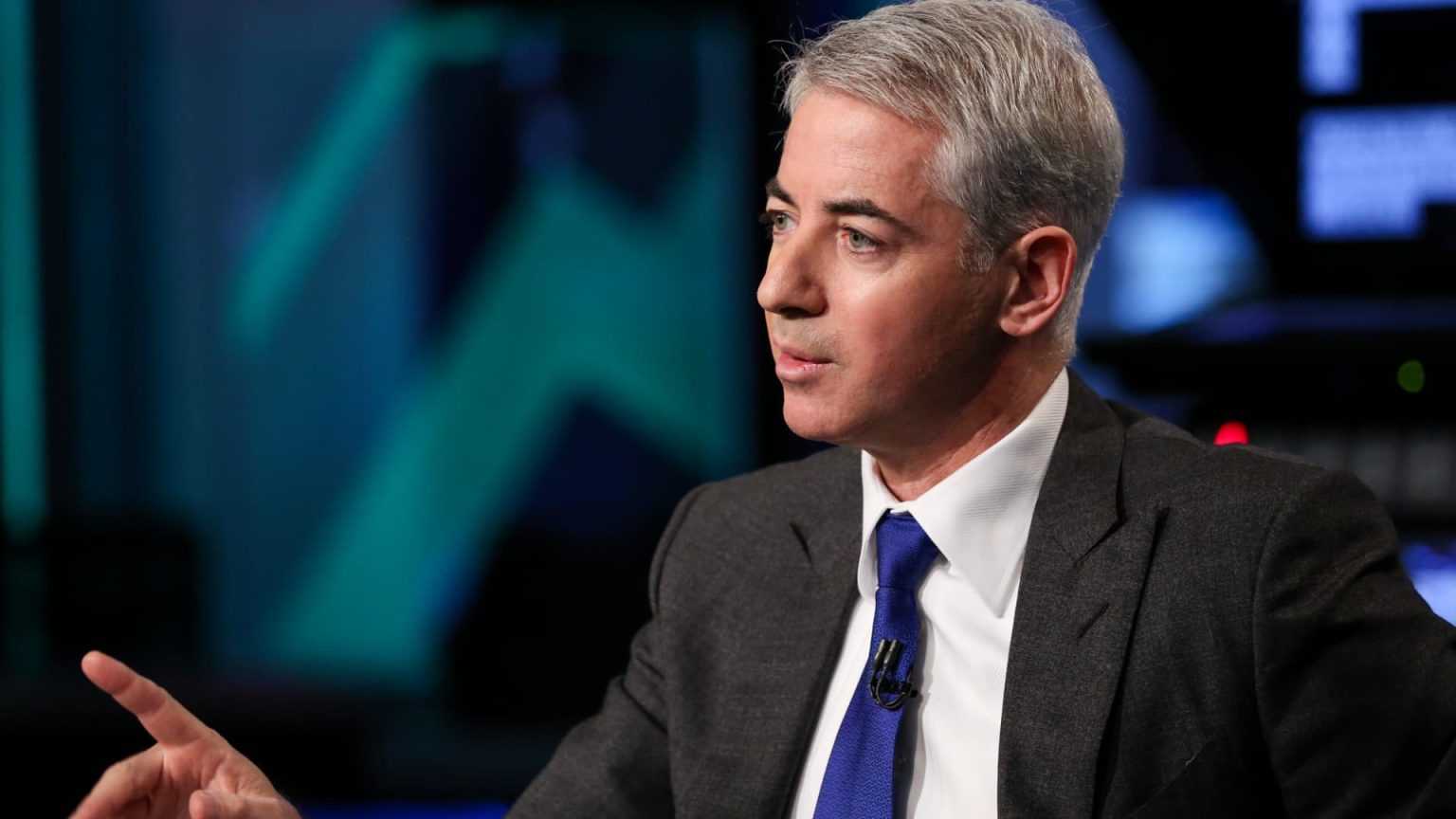Billionaire investor Bill Ackman has decided to postpone the listing of Pershing Square’s U.S. closed-end fund, Pershing Square USA Ltd., on the New York Stock Exchange. The initial public offering has been delayed, with no specific date announced for the future listing. Ackman is now looking to raise $2.5 billion to $4 billion for the fund, a significant decrease from the initial target of $25 billion. The firm has declined to comment further on the matter, but has stated that they will proceed with the IPO with the pricing date yet to be determined.
Closed-end funds sell a set number of shares during their IPO, and do not necessarily match the shares’ net asset value, causing the fund to trade at a premium or a discount. A regulatory filing from Ackman stated that the size of the transaction was of utmost importance, given the negative trading history of closed-end funds. Ackman emphasized that investors would need to have a significant level of faith and undertake careful analysis and judgment to recognize the potential for the closed end company to trade at a premium after the IPO, a rare occurrence in history.
Pershing Square currently has $18.7 billion in assets under management, with most of its capital being held in Pershing Square Holdings, a $15 billion closed-end fund that trades in Europe. Ackman’s goal is to establish a similar closed-end fund on the New York Stock Exchange, which could potentially lead to an IPO of his management company. Ackman intends for the publicly traded closed-end fund to invest in 12 to 24 large-cap, investment-grade, “durable growth” companies in North America.
The decision to publicly list Ackman’s fund is viewed as a strategic move to tap into his large following among Main Street investors, many of whom follow him on social media platforms. The publicly traded closed-end fund is expected to provide Ackman with a stable source of capital, allowing him to focus more on the portfolio and take a long-term approach to investments. By managing permanent capital, Ackman can avoid the challenges of constantly fundraising and appeasing investors who may withdraw their money at any time, impacting the stability and returns of the portfolio.
In a roadshow presentation made public, Ackman highlighted the difficulties of managing traditional hedge funds, where the constant inflow and outflow of capital can have a significant negative impact on returns. The advantage of managing permanent capital lies in the ability to be a long-term investor in businesses, without the constant threat of investors pulling their money out. Ackman’s decision to delay the IPO of Pershing Square USA Ltd. reflects the importance of ensuring the success and stability of the fund, amid volatile market conditions and investor skepticism towards closed-end funds.












